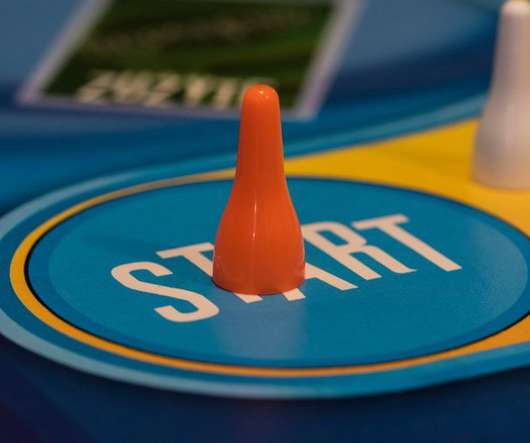Social Bookmarks
Clark Quinn
OCTOBER 6, 2008
for Learning Professionals Course is starting and the topic is Social Bookmarks. It's fun to have a group that is partly experience and partly new with social learning going on. The second week of our Web 2.0 Btw, if you pick up Jing, you can probably do it in under 10 minutes.







































Let's personalize your content